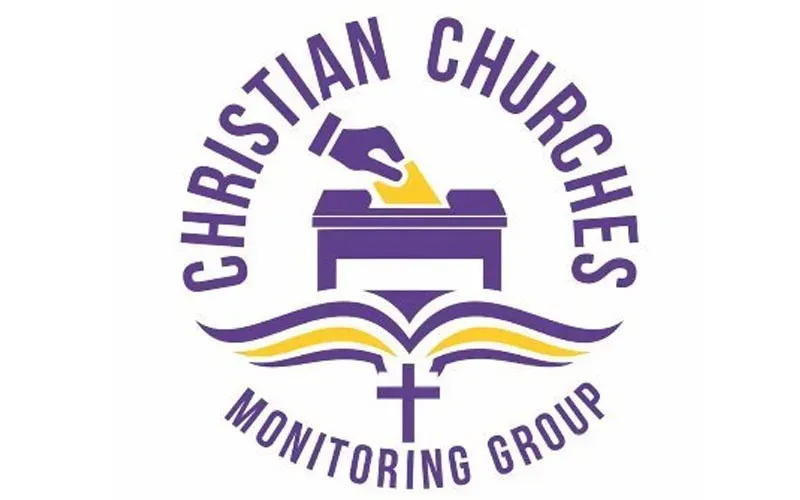Lusaka, 10 February, 2022 / 8:40 pm (ACI Africa).
Representatives of Church leaders in Zambia under the auspices of the Christian Churches Monitoring Group (CCMG) have expressed concern about the violence witnessed during the recently held Kabwata Constituency by-election.
In a statement over the weekend, CCMG officials say they took note of violent incidents before and during the February 3 Kabwata Constituency polls.
They particularly note "with concern" three incidents of violence, which involved The United Party for National Development (UPND) members as perpetrators while Patriotic Front (PF) members were victims in two incidents.
In the third incident, the leadership of CCMG says a community member was a victim of the UPND initiated violence as well as a case where campaigners used inflammatory and insulting language.
“These acts violate the Electoral Code of Conduct and CCMG calls on the Electoral Commission of Zambia (ECZ) to enforce the Electoral Code of Conduct and the Police to investigate all acts of politically motivated violence and punish the perpetrators,” CCMG officials say in their Saturday, February 5 statement.








